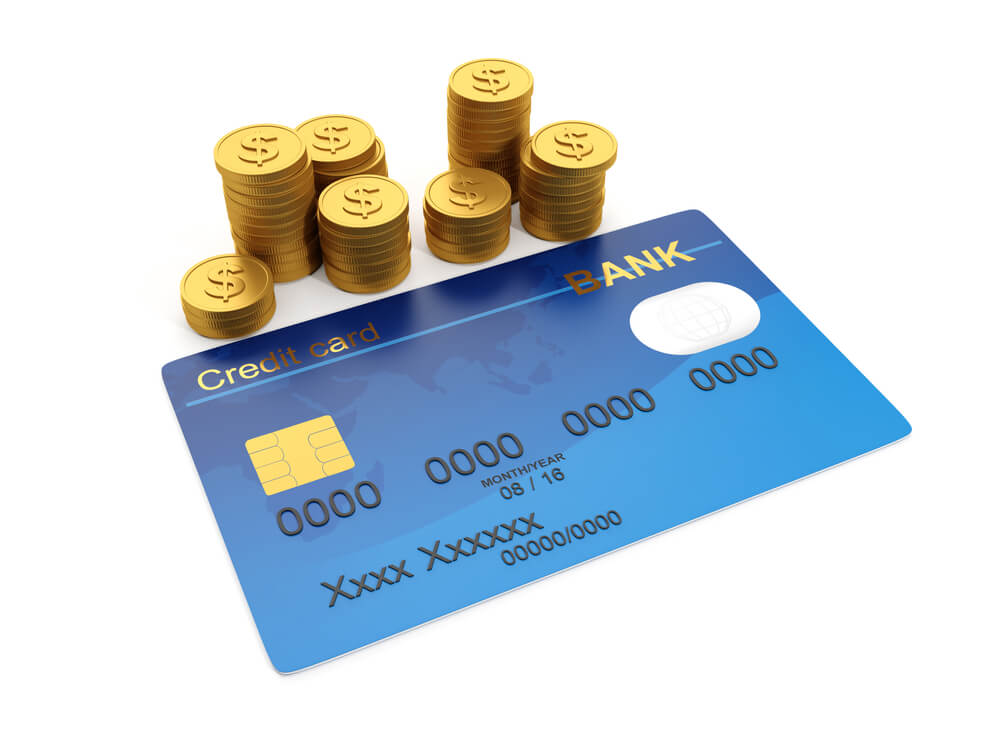When embarking on international adventures, it’s crucial to equip yourself with the right financial tools to manage expenses effortlessly. Among the prevalent options are credit cards and forex cards, each offering distinct advantages and catering to specific travel styles. Delve into this comprehensive guide to discern the merits of both instruments and make an informed decision that aligns with your travel preferences.
/images/blogs/93-difference-between-forex-credit-debit-for-internationals/difference-between-forex-credit-debit-for-internationals-title.jpg)
Image: remitanalyst.com
Delving into the Realm of Credit Cards
Credit cards, a ubiquitous financial instrument in modern-day society, extend a line of credit to cardholders. Users can make purchases and withdraw cash up to the approved credit limit, with the obligation to repay the borrowed amount in full or in installments, often with interest applied to the outstanding balance. The widespread acceptance of credit cards at merchants and ATMs globally makes them a convenient and familiar option for travelers.
Advantages of Using Credit Cards
- Global Recognition: Credit cards enjoy unparalleled acceptance at an array of businesses and establishments worldwide, ensuring seamless transactions wherever your travels take you.
- Convenience: Eliminate the hassle of carrying large sums of cash or converting currency at unfavorable exchange rates. With a credit card, simply swipe or insert your card and you’re good to go.
- Rewards and Incentives: Many credit cards offer attractive rewards programs, such as cash back, points, or miles, which can be redeemed for travel expenses, merchandise, or other perks.
- Emergency Funds: Credit cards serve as a valuable safety net in unexpected situations, such as medical emergencies or unforeseen travel disruptions. They provide quick access to funds to cover unplanned expenses.
Drawbacks of Using Credit Cards
- Fees: Credit card usage can incur various fees, including foreign transaction fees, cash advance fees, and over-limit fees. These added costs can diminish the overall value of using a credit card abroad.
- Interest Charges: Failing to repay the credit card balance in full and on time may result in the accumulation of interest charges, which can inflate the cost of your purchases.
- Debt: If not managed responsibly, excessive credit card use can lead to financial strain and debt. It’s essential to exercise fiscal discipline and stay within your budget.
Forex Cards: A Closer Examination
Forex cards, specifically designed for international travelers, are prepaid cards that store a specific amount of foreign currency. Unlike credit cards, forex cards do not offer a line of credit. Instead, you must load the card with the desired amount of foreign currency before using it. Forex cards are widely accepted at ATMs and merchant locations that accept foreign currencies.
Benefits of Forex Cards
- Competitive Exchange Rates: Forex cards often offer more favorable exchange rates compared to traditional currency exchange services, helping you save money on currency conversion.
- Budget Control: By preloading a specific amount onto the forex card, you can effectively manage your travel expenses and avoid overspending.
- No Hidden Fees: Forex cards typically do not charge additional fees for foreign transactions or ATM withdrawals, making budgeting more predictable.
- Security: Forex cards are more secure than carrying cash, as they can be reported lost or stolen and the balance can be frozen to prevent unauthorized usage.
Limitations of Forex Cards
- Limited Acceptance: While forex cards are widely accepted, they may not be as universally accepted as credit cards, especially in smaller establishments or for online transactions.
- Loading and Reloading: Loading and reloading a forex card can be somewhat inconvenient, especially if you need to add funds while traveling.
- Expiration Dates: Forex cards have expiration dates, so it’s important to plan your trip accordingly and ensure the card remains valid throughout your travels.
Comparative Analysis: Credit Card vs. Forex Card
Convenience and Usability: Credit cards offer unmatched convenience and global acceptance, while forex cards provide a more cost-effective and secure option for managing international expenses specifically.
Transaction Fees: Credit cards often incur foreign transaction fees, which can add up over time. Forex cards generally do not charge these fees, making them a more economical choice for frequent international travelers.
Security: Both credit cards and forex cards offer robust security features, including fraud protection and lost/stolen card reporting. However, forex cards may provide an additional layer of security since they function on a prepaid basis.
Rewards and Incentives: Credit cards often reward users with loyalty points, cashback, or other incentives, while forex cards typically do not offer such rewards programs.

Image: blog.thomascook.in
Credit Card Vs Forex Card
Making the Right Choice
The choice between a credit card and a forex card hinges on your individual travel preferences and financial needs. Here’s a simple guide to help you decide:
- Frequent Travelers:** If you travel internationally multiple times a year, a forex card may be a better option due to its cost-effectiveness, favorable exchange rates, and budget control capabilities.
- Infrequent Travelers: For occasional international trips, a credit card may suffice, especially if you prioritize convenience and global acceptance over potential savings on fees.
- Risk-Averse: Forex cards offer greater peace of mind with their prepaid nature and enhanced security features, making them a good choice if you are concerned about unauthorized usage or financial risks.
- Reward Enthusiasts: Credit cards remain the preferred option for those seeking rewards and incentives on their travel expenses, as forex cards generally do not offer such benefits.
Irrespective of your choice, ensure responsible usage and diligent management of your finances. Monitor your expenses regularly, avoid cash advances, and settle your credit card balance in full and on time to maximize the benefits and minimize potential drawbacks.






